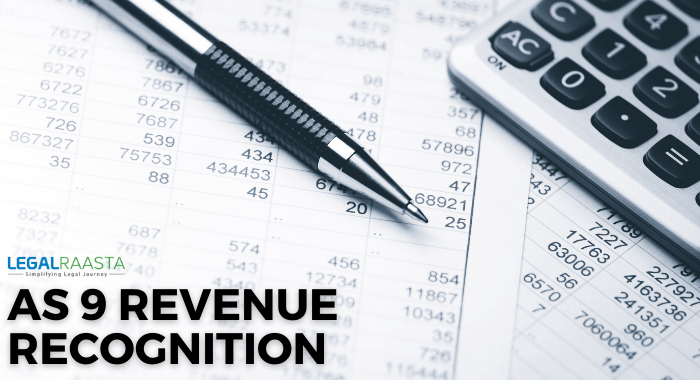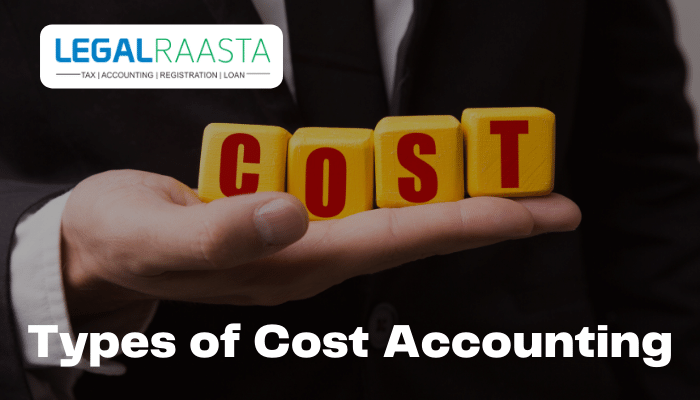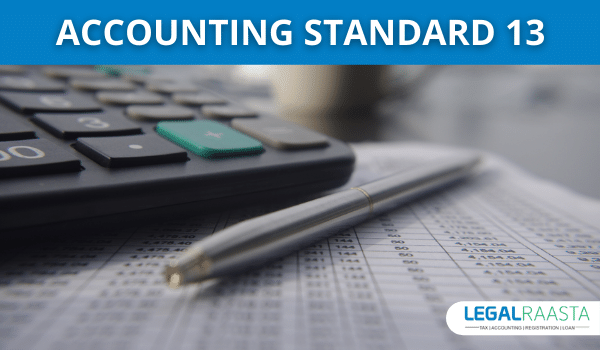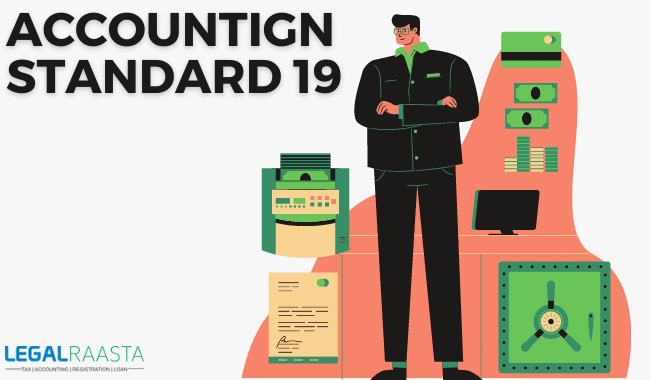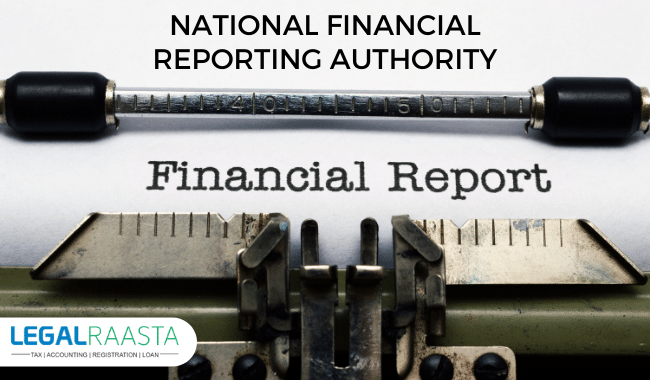AS 9 Revenue Recognition
” Profit is the gross flux of cash, receivables, or other consideration arising in the course of an enterprise’s ordinary conditioning from the trade of goods, picture of services, and from colorful other sources similar as interest, royalties, and tips,” according to the ICAI’s AS 9 Profit Recognition.
Preface of AS 9 Profit Recognition
The quantum charged to guests for the trade of goods and services must be used to calculate profit. In the case of agency cooperation, still, profit must be calculated grounded on the quantum of commission charged rather than the total flux of cash, receivables, or other consideration. There are a many exceptions to the antedating statement in which fresh study is needed –
- Profit generated by construction contracts
- Profit generated by hire- purchase and parcel agreements
- Profit generated by government subventions and other similar subventions
- Profit generated by insurance contracts
Connection of AS 9 Profit Recognition
The ICAI issued this standard in 1985, and it was re-commendatory for just Level I enterprises in the early times, but it was made necessary for all other enterprises on April 1, 1993.
“Enterprise” denotes”a pot as specified in section 3 of the Companies Act, 1956,” according to the ICAI.
Enterprises classified as Level I have a development of further than 50 crores in the former account time. This figure excludes other income and is applicable to both holding and attachment pots.
Explanation
- 1. Profit recognition focuses on the timing of profit recognition in an enterprise’s profit and loss statement.
- 2. In utmost cases, the quantum of profit generated by a sale is defined by an agreement between the parties engaged in the sale.
- 3. When there are dubieties in calculating the volume or the expenditures associated with it, the timing of the profit may be affected.
Trade of Goods
The dealer has transferred the property in the products to the buyer for a price, which is a abecedarian factor in calculating profit recognition in a sale involving the trade of goods. In utmost circumstances, transferring property in effects entails transferring considerable pitfalls and prices associated with power of the means.
When the transfer of substantial pitfalls and prices to the buyer doesn’t coincide with the transfer of goods to the buyer, profit must be recognised at the time of the transfer of significant pitfalls and prices to the buyer.
Goods transferred to the consignee pending blessing, for illustration. In some diligence, the performance may be mainly complete previous to the prosecution of the profit-generating sale. When a trade is guaranteed by a government guarantee or a forward contract, or when a request exists with a low threat of failure to vend, the particulars are constantly valued at their net realisable worth (NRV).
Although similar quantities aren’t defined in the profit description, they’re occasionally reported in the profit and loss statement. Gathering agrarian crops or rooting mineral ores are two exemplifications.
Rendering of Services
The timing of profit recognition for services is dependent on when the service is rendered. This is further broken down into two orders:
- Commensurate Completion Method This account system accounts for income in the profit and loss statement proportionate to the degree of completion of each service. The accomplishment of the service, in this case, entails the prosecution of multiple acts. With the completion of each of these acts, profit is recognized.
- Terminated Service Contract System When the furnishing of services under a contract is completed or mainly completed, profit is recognized in the statement of profit and loss.
Interest, royalties & tips
- . Others’ operation of similar enterprise coffers results in
- Interest After taking into account the quantum owed and the applicable rate, profit is recognized on a time proportion base. For case, if the interest on an FD is due on the 30th of June and the 31st of December, Indeed though the interest for the period of January to March will be collected in June when the books are closed on March 31st, we must honor the profit in March.
- Royalties The figure for the use of patents, know-how, trademarks, and imprints is known as kingliness. Profit must be recorded on an addendum base and in compliance with the terms of the applicable agreement. For case, if the kingliness is paid grounded on the number of clones vended, it must be recognized only on that base.
- Tips When the proprietor’s right to admit payment is established, profit must be recognized. Only when the pot declares tips on its shares and the directors decide to pay the tips to their shareholders is it certain.
Difference between IND AS-18 & AS-9
AS 9 Profit Recognition IND Accounting Standard 18
It’s accepted at face value. It’s valued at a reasonable price.
AS-9 doesn’t address this issue. The exchange of goods and services with products and services of an analogous and different character is likewise covered by IND AS – 18. (BarterTransactions are included in Ind AS-18)
Interest income is calculated on a commensurable basis over time. Interest income is calculated on a commensurable basis over time.
The effective interest rate approach is used to calculate interest income. The effective interest rate approach is used to calculate interest income.
Also Read,
Concept of Accounting standards
AS 10: Accounting standard on Property, Plant, and Equipment
AS 2 – Valuation of Inventories: Definition, Method, and Benefits

